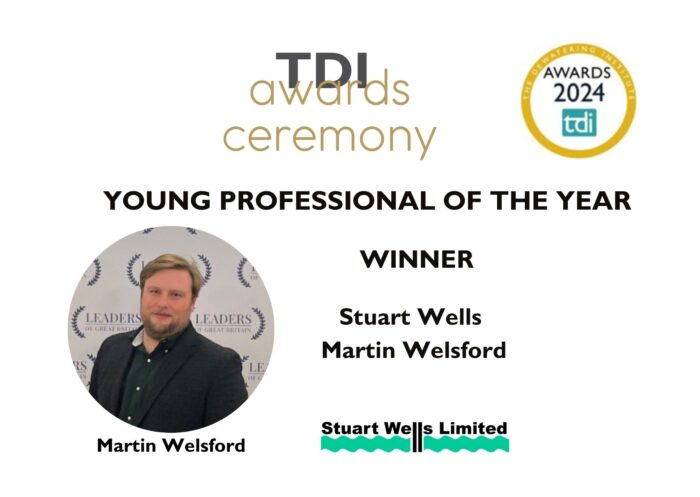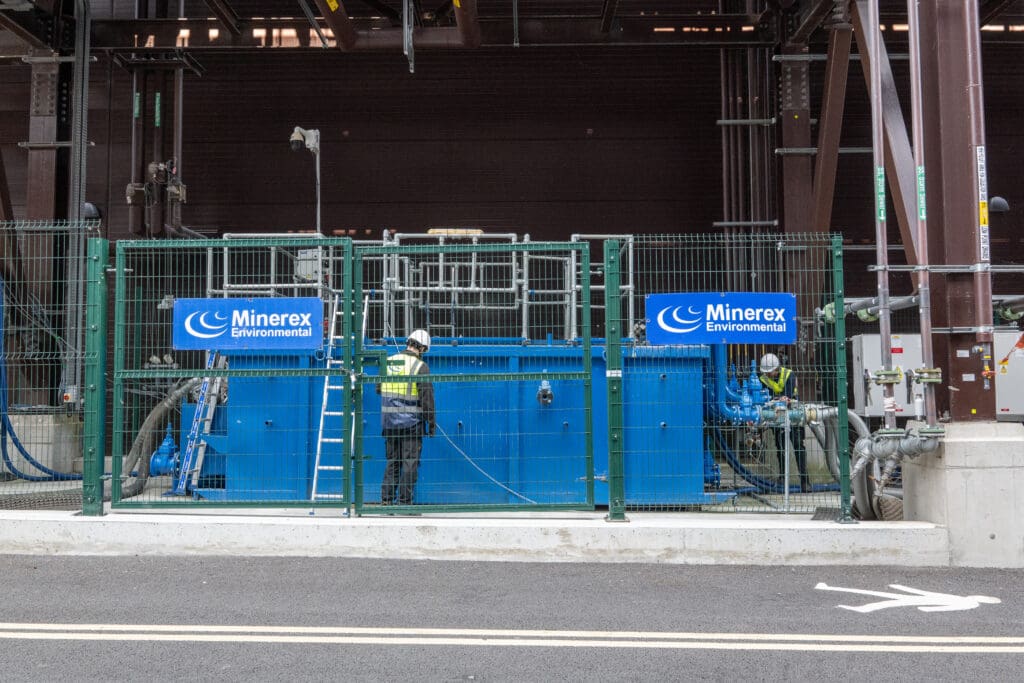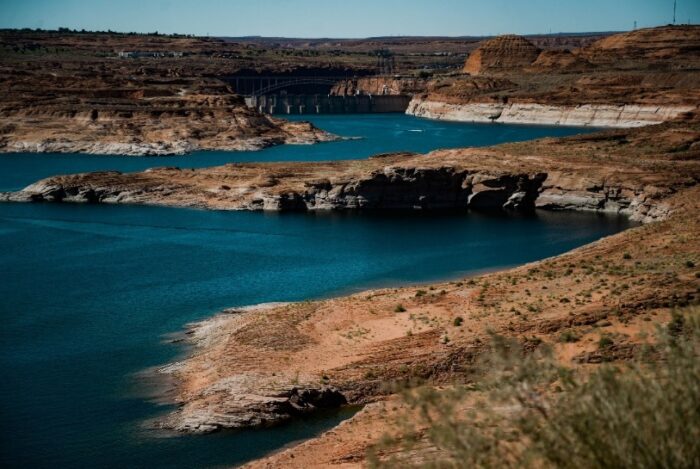The Dewatering Institute (TDI) is proud to spotlight outstanding professionals in the dewatering and
groundwater engineering field through its monthly interview series. This edition features Martin Welsford,
an accomplished dewatering specialist and groundwater engineer who serves as Associate & Technical
Manager at Stuart Wells Ltd. With a BSc (Hons), recognition as a Fellow of the Geological Society (FGS), and
membership in the Institution of Civil Engineers (AMICE), Martin recently earned the prestigious Young Professional of the Year Award, during the The Dewatering Institute Awards 2024, for his significant contributions to the industry. Join us as he shares insights into his career journey, technical expertise, and vision for the future of dewatering.
What led you to the dewatering field, and what motivated your choice?
It all started when I was about six, I was completely obsessed with Dinosaurs, geology, the natural earth, evolution, and science. This motivated me to study Geology at University. I chose the University of Plymouth as it had a renown course, excellent field trip opportunities, and bonus – Professor Iain Stewart lectured there at the time! Whilst studying for my undergraduate degree, I was fascinated by Hydrogeology, Groundwater Engineering and Engineering Geology, and wanted to explore these areas once I had graduated. After being offered a position at Stuart Wells, my career started by immersing myself in the practical elements of dewatering. In that role I had vast exposure to a variety of interesting dewatering projects, all around the UK. My love for dewatering started there and I haven’t looked back since.
Have any projects been instrumental in launching your career?
One of the most important projects I’ve worked on was an artesian groundwater control design on High-Speed Rail 2, at the River Leam Viaduct. I lead and managed the design works when I was at Preene Groundwater in 2023. The works were particularly difficult because there was a confined artesian groundwater head, approximately 5m above existing ground level. This confined aquifer posed a risk to the installation of a series of deep piles and risked basal heave of excavations. I analysed the factual ground information available and produced an initial hydrogeological conceptual model for the site. This highlighted some key areas that needed quantifying. I determined the extra ground investigation requirements and produced groundwater investigation specifications. I supervised the additional testing to ensure compliance with specifications and analysed the extra testing data to refine the hydrogeological conceptual model. The groundwater control design ultimately comprised a series of pumped artesian dewatering wells, with grouted in permanent conductor casing. The works were then successfully installed and operated by Stuart Wells.
What do you predict will be the most significant challenges for the industry in the future?
In the UK, the biggest challenge facing dewatering are the regulatory bodies permit processing times. From the point of submission, in my experience, clients are waiting anywhere between 4 to 18 months to get the required licenses to
undertake dewatering legally. Therefore, vast amounts of money are being spent of construction redesigns to avoid dewatering, which is ultimately resulting in more concrete and steel being installed into the ground, and thus permanently affecting our environment and aquifers.
In what ways do you envision technology influencing the industry in the coming years?
I am excited to see the potential of artificial intelligence, and how it can be utilised for analysing ground, groundwater and dewatering data. I hope these technological advances can streamline data processing and interpretation, so that collected data is analysed in a better way and in shorter timeframes. Also, there has already been a transition to low carbon HVO fuels, but It will be interesting to see if additional alternative fuels, such as hydrogen, become viable and affordable. If so, their introduction into construction will mean that we can continue to pursue dewatering in the most sustainable way possible.
What elements of the industry do you believe require improving?
Data sharing and publicly available hydrogeological information. I would like to see a national public database generated for pumping tests, pumping test data and groundwater level data. I feel this would massively improve designers understanding of ground conditions at the desk study stage. Which would aid in getting a clearer idea of the hydrogeological conceptual model of sites prior to intrusive works.
Why do you think TDI is important for the industry and how it can help the industry develop?
I think it’s important to have an international body solely dedicated to groundwater control, as it helps to further legitimise the industry. Groundwater control is often overlooked until it becomes a problem, which often means it is more costly and complicated than it needs to be. Working with the TDI allows contractors and consultants from around the world to share knowledge, discuss, and learn from our experiences. This pushes us as individuals, and our companies forward, and ultimately improves standards within the industry.
Ultimately, who stands as your most enthusiastic advocate? Professionally? I have a couple
David Wright, Managing Director at Stuart Wells. Since I entered the industry, David has been a constant source of support and guidance for me, both personally and professionally. His mentorship has pushed me to grow, develop and broaden my skills. I wholly appreciate all the time and energy David has invested in me and I am grateful for his continued support and belief in me. Dr Martin Preene. I was lucky enough to work alongside and was mentored by Martin at Preene Groundwater Consulting. Martin has helped me further develop my knowledge and capabilities, and together we worked on some incredibly interesting, challenging, and innovative groundwater control designs. Since both leaving Preene Groundwater, Martin continues to support my professional development, and I am grateful for all his ongoing support. In my life in the wider sense, definitely my wife Steph. No matter what I am doing, or where I am in life, she’s has always believed in and supported me, even when we were both penniless youths! I am incredibly lucky to have her by my side.
What stage are you at in your career right now?
I am at the stage where I am starting to establish myself as a dewatering and groundwater specialist. I still have plenty to learn, but I am passionate about what I do, and I am committed to being the best I can possibly be!
What is your life motto?
A society grows great when old men plant trees whose shade they know they shall never sit in.
– Greek Proverb.








